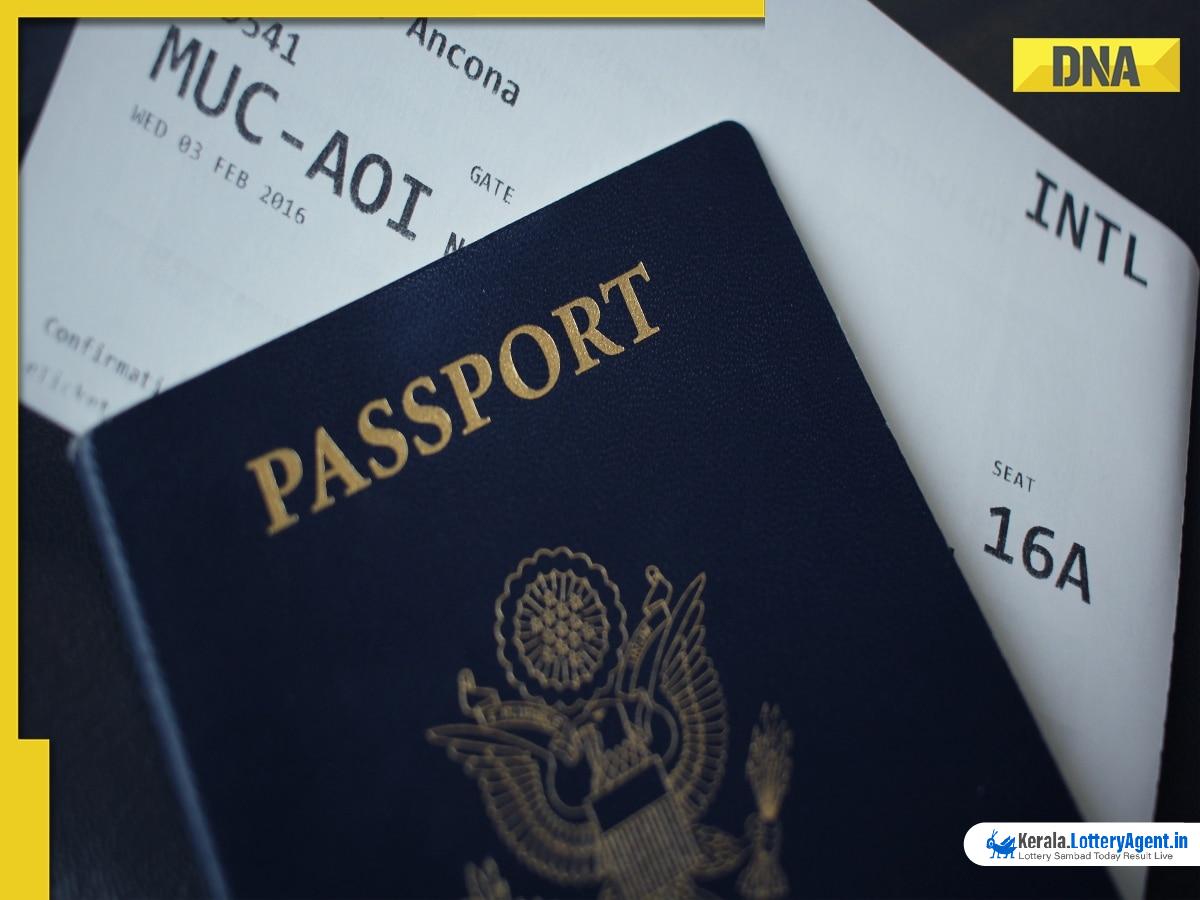
The United States has unveiled a comprehensive overhaul of its annual lottery for H-1B specialty occupation visas, a move aimed at curbing the potential for fraud and enhancing the registration process. This initiative is expected to have significant implications for Indian IT professionals who are among the primary beneficiaries of this visa category. Concurrently, the US has introduced a pilot program to facilitate the domestic renewal of H-1B visas, a decision that could favor thousands of Indian tech experts.
The H-1B visa, known for enabling US companies to employ foreign workers in specialized occupations requiring theoretical or technical expertise, is a crucial mechanism for technology firms. Each year, these companies recruit tens of thousands of employees from countries like India and China. The revamped system introduces a beneficiary-centric selection process, which changes how employers submit registrations.
Historically, multiple applications for a single individual could be filed under the same name by different employers, creating opportunities for system abuse and fraud. Under the new rules, H-1B visa applications will be counted and accepted based on individual applicants. Even if multiple applications are filed by different companies for the same person, they will be treated as one application, assessed on personal credentials such as passport numbers.
US Citizenship and Immigration Services (USCIS) has also announced a suite of new regulations designed to reinforce the integrity of the H-1B registration process and minimize fraud. These guidelines aim to ensure that each beneficiary has an equal chance of being selected, independent of the number of registrations submitted on their behalf. “We’re always looking for ways to bolster integrity and curtail the potential for fraud while improving and streamlining our application processes,” said USCIS Director Ur M Jaddou. “The improvements in these areas should make H-1B selections more equitable for petitioners and beneficiaries and will allow for the H-1B process to be fully electronic from registration, if applicable, until final decision and transmission of approved petitions to the Department of State,” he added.
USCIS also revealed that the initial registration period for the fiscal 2025 H-1B cap will commence at noon on March 6 and run through March 22. During this window, prospective petitioners and their representatives must use a USCIS online account to register each beneficiary electronically and pay the associated registration fee. Starting February 28, companies will be permitted to open their accounts to initiate and complete the registration process.
.
According to USCIS, the final rule incorporates provisions that create a beneficiary-centric selection process, codify start date flexibility for certain petitions, and introduce additional integrity measures. Registrations will now be selected by a unique beneficiary rather than by the number of registrations, ensuring a fairer and more transparent process. From fiscal year 2025, beginning October 1, 2024, employers will be required to provide valid passport or travel document information for each beneficiary at the time of registration.
The USCIS will also require that the provided passport or travel document is the one the beneficiary intends to use to enter the United States if granted an H-1B visa. Each beneficiary must be registered under only one passport or travel document, further reducing potential fraud. Additionally, the rule clarifies employment start dates on certain petitions subject to the H-1B cap, allowing for filing requests with start dates post-October 1 of the relevant fiscal year. USCIS has codified its ability to deny or revoke H-1B petitions if the underlying registration contains false attestations or inaccuracies, or if the registration fee is declined or otherwise invalid.
The American Immigration Lawyers Association (AILA) has expressed support for the new H-1B registration process. Sharvari Dalal-Dheini, Director of Government Relations at AILA, noted, “After last year’s registration period, when more than 750,000 registrations were submitted for 85,000 visas, it was clear that the existing system was unworkable. AILA and our partners advocated for exactly the sort of changes announced in this rule; changes that will ensure a beneficiary-centric lottery process to level the playing field.”
In addition to these reforms, the State Department has launched a pilot program to allow H-1B visa holders in the United States to renew their visas domestically. This initiative, which will accept applications from January 29, 2024, through April 1, 2024, or until all slots are filled, marks the first time in nearly two decades that a limited number of H-1B renewals can be processed within the United States. Approximately 4,000 applications will be accepted each week, half of which will be allocated for applicants with prior H-1B visas issued in Canada, and the other half for those with prior visas issued in India.
Applications for the pilot program will be handled on a first-received, first-processed basis, with weekly slots released on specific dates in January and February. The estimated processing time is between six to eight weeks from the receipt of the applicant’s passport and other required documents. Those who do not qualify for or opt out of the pilot program can still apply for renewals through US embassies or consulates overseas.












